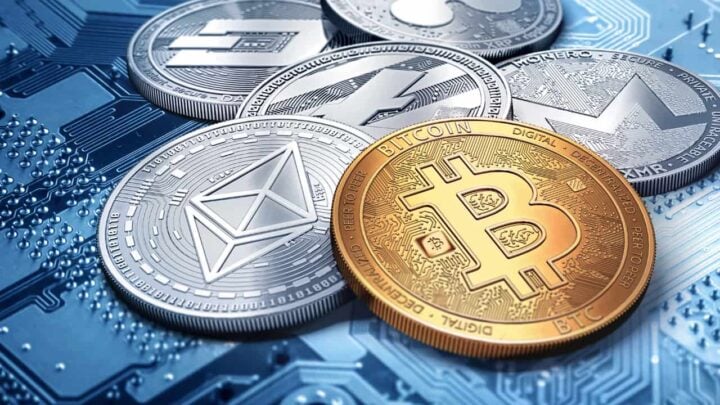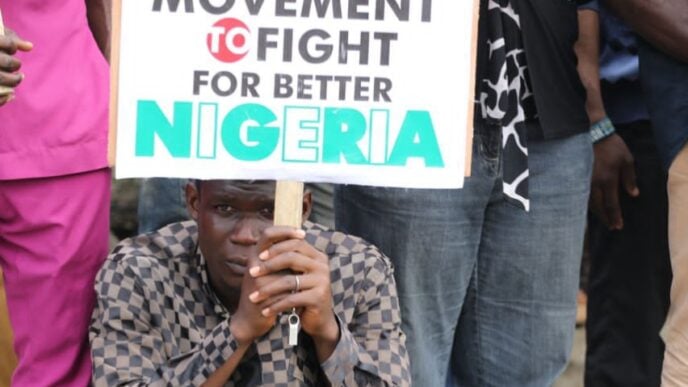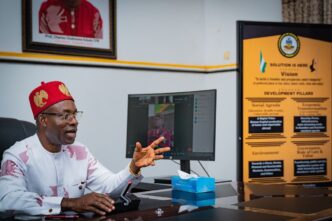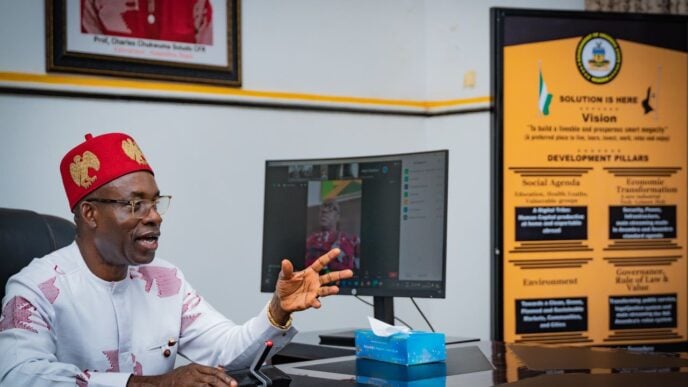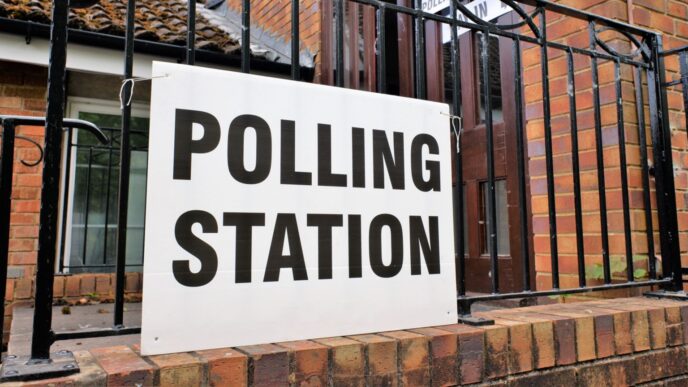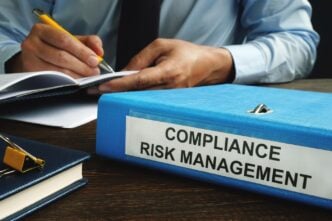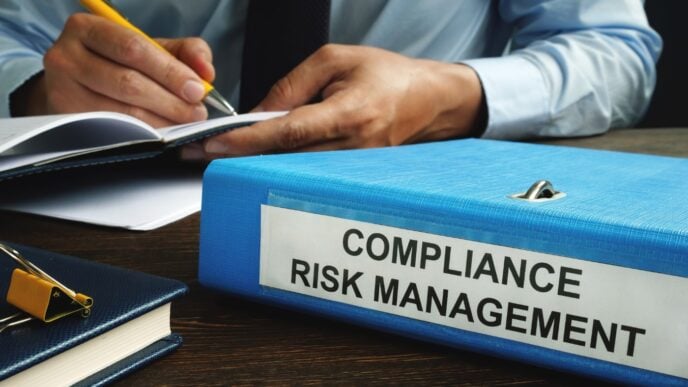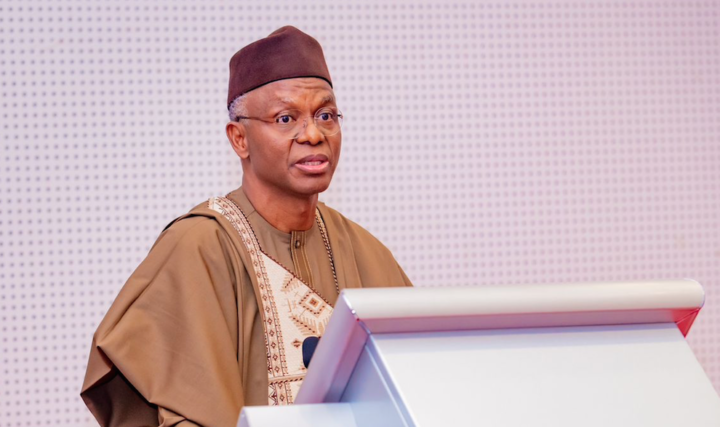BY WALE AMEEN
Nigeria’s Security and Exchange Commission (SEC) recently announced plans to license digital asset providers. This has sparked debate among industry stakeholders, investors, and policymakers. Opinions are divided and for good reasons. But, it’s good to note a gradual shift from the country’s initial standoff against digital assets and their paraphernalia.
The commission plans to license providers of virtual assets, including cryptocurrencies. It calls this a gateway to tap into opportunities and protect investors. The move, albeit, looks more like a case of “if you can’t beat them, you join them.”
The commission’s director-general, Emomotimi Agama, while speaking during an interview with Bloomberg, said the commission intends to issue first licenses for digital services and tokenised assets this month.
Advertisement
The battle with the crypto world has come a long way. This face-off, no doubt, is quite understandable. The thought of its inability to control the actors, a key reason for the global adoption of the virtual currency, made the powers that be reject it.
This face-off dates back to the Buhari era. The then CBN governor, Godwin Emefiele, would have none of the virtual currency. The bank had announced an official ban on crypto in February 2021 following a slew of crackdowns. It’s a fair guess that this is one reason the apex bank quickly flouted its own e-currency, the e-Naira later that same year, a project that has now since taken the back seat in the scheme of things.
According to the commission, it aims to achieve the agenda of improving the regulatory environment in order to accommodate the peculiarities of the digital sector. Reports have it that the SEC had already amended its rules and worked closely with the Federal Inland Revenue Service (FIRS) to address legislative concerns relating to asset class, exchange and custody, digital asset issuance, and offering platforms.
Advertisement
Going by the communiqué, the new law will commence this month, allowing SEC to issue operational licenses to digital asset service providers. The new development is coming at a time when financial experts say the Nigerian Naira has lost its value against the United States Dollar (USD) by 70% within the last year.
SEC is planning to use the operational licensing initiative as an entry point into what it calls a larger plan to encourage innovation and regulate the digital asset industry. With the new development, however, many are looking at the regulator’s move with mixed feelings. However, a careful review of important notes would help put things in proper perspective.
Many positives, zero negatives…
Firstly, licensing digital asset providers will enhance investor protection. The cryptocurrency market is notorious for its volatility and susceptibility to fraud and scams. The SEC can set standards for transparency, security, and accountability by implementing a regulatory framework. This will help mitigate risks associated with digital asset investments, thereby fostering greater confidence among both retail and institutional investors.
Advertisement
Secondly, it’s important to note that regulation can stimulate innovation and growth within the digital economy. Contrary to fears that regulation stifles innovation, a well-structured regulatory environment can actually promote it by providing clear rules that encourage legitimate businesses to operate. Licensing could attract global digital asset providers to Nigeria, enhancing competition and bringing more sophisticated products and services to the market.
Furthermore, this move aligns Nigeria with global regulatory trends. As more countries create frameworks for digital assets, Nigeria’s proactive stance could make it a top hub for digital finance in Africa. This is especially important given Nigeria’s large youth population, which is tech-savvy and increasingly involved in digital asset trading.
A gain for Nigeria’s young generation
Nigeria’s youth are among the most active crypto users. This is despite government bans and restrictions. In June 2023, cryptocurrency transactions in the country rose by 9% to $56.7 billion from last year. This growth highlights that the market remains vibrant, with young Nigerians eager to participate in the global digital economy.
Advertisement
In recent years, Nigeria has emerged as one of the fastest-growing crypto economies. In December 2022, the Central Bank of Nigeria lifted its ban on banks facilitating cryptocurrency transactions. The ban had lasted nearly two years. The central bank acknowledged that it was no longer justifiable to maintain strict restrictions on financial institutions, given the rising global demand and adoption of cryptocurrencies.
Last year, Nigeria was ranked the second-largest economy in terms of cryptocurrency adoption. In August 2022, Mustard Insights named it the most crypto-obsessed country. This was based on Google searches for “cryptocurrency” and “buy crypto.”
Advertisement
Yet, the success of this licensing initiative will depend on its implementation. The SEC must ensure that regulations are not overly restrictive or burdensome, which could push activity into unregulated, informal markets. It is crucial that the licensing process is transparent, fair, and inclusive, with opportunities for feedback from stakeholders in the digital asset ecosystem.
In conclusion, Nigeria’s SEC move to license providers of digital assets appears to be a step in the right direction. The SEC can protect investors by creating a regulated environment. This will encourage innovation and align with global standards. It will also build a stronger, safer digital economy in Nigeria. However, careful implementation will be key. It must ensure that these rules support the growing digital asset industry, not stifle it.
Advertisement
Ameen writes from the United Kingdom. He can be reached at [email protected] and on X @wale_ameen
Advertisement
Views expressed by contributors are strictly personal and not of TheCable.
Add a comment
